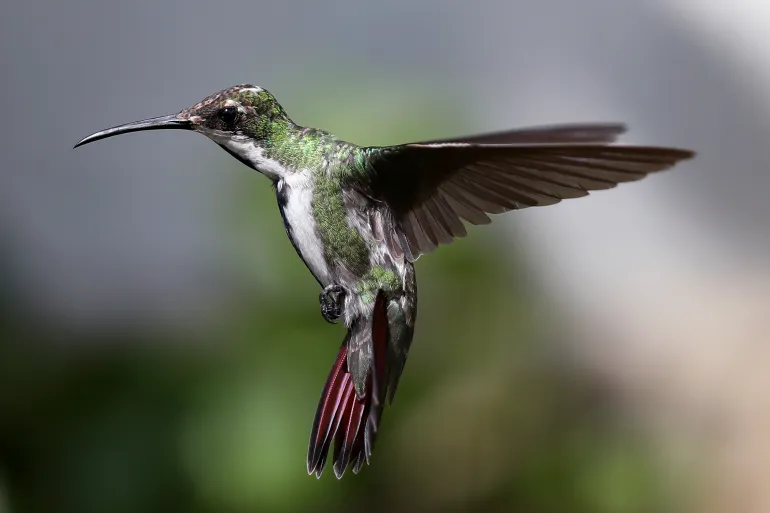More than half of the bird species in the world are declining due to deforestation

A recent global assessment has shown that more than 60% of bird species are facing a decline in their populations, especially in tropical areas, due to the destruction of their natural habitats and deforestation.
Global decline of birds
The study reported that 61% of the bird species currently assessed are experiencing a decline in their populations, compared to 44% just nine years ago according to the International Union for Conservation of Nature's red list. The results indicate that agricultural expansion and human development have significantly contributed to the loss of many birds' habitats, such as the Schlegel's partridge or the crowned partridge in Madagascar, and the northern nightingale in Central America.
Dr. Ian Burfield, global science coordinator at BirdLife, stated:
"The decline of three out of five bird species shows the depth of the biodiversity crisis and highlights the urgent need to activate the environmental commitments made by governments."
Birds and their vital role in ecosystems
Birds play a crucial role in maintaining ecological balance, as they help pollinate flowers, disperse seeds, and control pests. For example, the hornbills found in tropical areas can disperse up to 12,700 seeds daily per square kilometer, contributing to the regeneration of vegetation and the preservation of forests.
Dr. Malin Rivers, president of the Botanic Gardens Conservation International, said:
"The fate of birds and trees is interconnected; trees need birds for their regeneration, and birds rely on trees for survival."
Success stories in wildlife conservation
The study also highlighted positive examples such as the green sea turtle, which has recovered thanks to efforts to protect nesting sites in Ascension Island, Brazil, Mexico, and Hawaii. Its population has increased by 28% since the 1970s, moving from being endangered to a less concerning classification.
Roderick Mast, co-chair of the International Sea Turtle Specialist Group, said:
"The recovery of the green turtle demonstrates the success of global cooperation over decades in restoring the balance of long-lived marine species."
Significant challenges facing some species
On the other hand, the Arctic seal faces significant risks due to global warming and melting sea ice. The continuous thinning of the ice makes it difficult for seals to find resting and breeding places, and it also increases the difficulty of securing their food, which in turn affects the polar bears that prey on them.
These results indicate that the impacts of climate change are not just a future issue but a reality threatening many species of wildlife and marine animals at present.